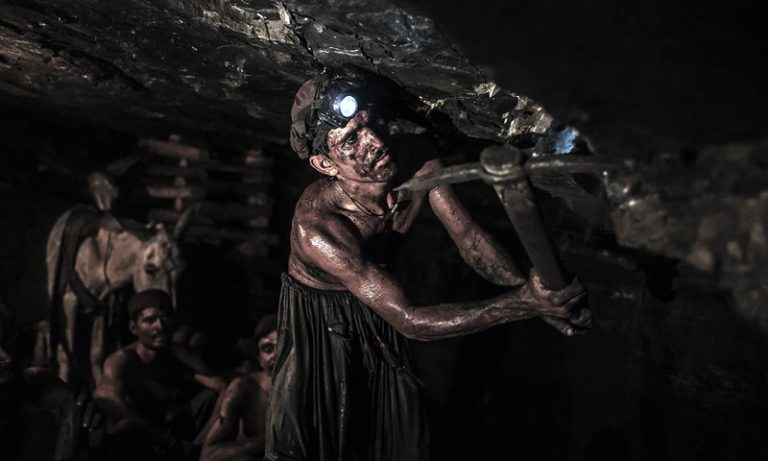On July 14, 11 coal workers were found trapped inside a coal mine in Quetta, Pakistan. After 40 hours of rescue operation, one miner was pulled out alive from the debris, along with nine dead bodies. One miner still remains missing. At least 17 coal miners have reportedly lost their lives this year in similar incidents after they were choked to death inside collapsed coal mines in different areas of Balochistan and Khyber Pakhtunkhwa.
“Neither the government nor the mine owners are bothered about the plight of the hapless miners. The administration is still clueless about the trapped miners even after so many hours have passed,” a member of Balochistan’s Labor Federations, Peer Muhammad Kakar, told reporters.
These incidents continue to happen despite repeated requests by the Pakistan Central Mines Labor Federation (PCMLF) to the authorities to take swift measures to end the rampant exploitation of coal workers and ensure their safety.
In May, the union held a protest rally in the provincial capital of Balochistan, Quetta, demanding the implementation of proper safety measures for coal miners. However, workers operating thousands of feet deep are often forced to work without taking any safety measures.
The miserable conditions in mines have led to the death of more than 120 workers in recent months. According to PCMLF estimates, mine-related accidents kill between 100 to 200 laborers every year in the country.
Activists suggest that coal mining is more hazardous than hard-rock mining because of the nature of the rock strata, leakage or explosion of poisonous gases and coal dust, collapsing of mine stopes, as well as mechanical errors from improper use and malfunctioning of mining equipment. With the negligence of safety measures by the mining companies and the state authorities, the operations of coal miners become more hazardous.
More than 100,000 workers are employed in 400 coal mines in Pakistan. Miners usually begin work at the age of 13. By the age of 30, they are forced into unemployment due to chronic respiratory illnesses, tuberculosis, loss of eyesight, injuries, etc. They are often forced to work for over 10 hours a day without adequate safety gear, which is in violation of Pakistan’s labor laws.
In the absence of well-equipped emergency response teams, other workers are usually the first respondents. In most cases, this leads to further casualties. Many workers ‘retire’ under such circumstances, often without pension or unemployment benefits.





